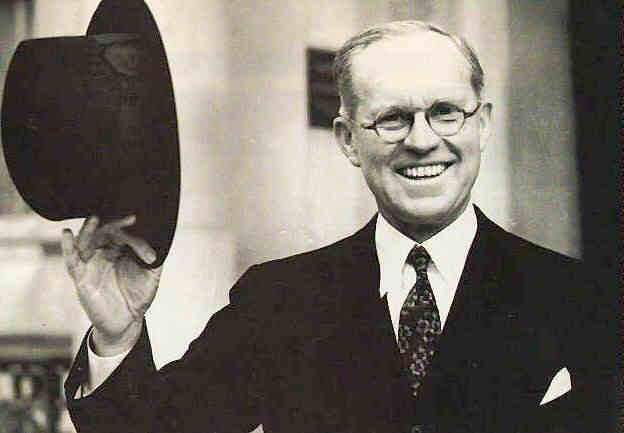By Monica Vest Wheeler
Retreat & Refresh Stroke Camp Staff Volunteer
The roots for Retreat & Refresh Stroke Camp run deep, from a family that simply loved the outdoors … and later sought solace through grief by creating a camp for kids with cystic fibrosis … to one outing in 2004 for people and new friends united by the challenge of stroke, which has evolved into 23 camps in 14 states this year.
It all started and continued at a church campground called Living Springs in Lewistown, IL, just under an hour from Peoria, a spiritual haven hidden behind corn and bean fields at the end of a dusty gravel road. And there was a seemingly endless forest of every type of tree imaginable, a secluded lake embraced by tall and short foliage, pockets of comfort to reflect, and spacious and fields to run and play until exhaustion sets in.
I discovered this family and this campground in June 2008 at my first Stroke Camp, an outing I expected to be a one-time venture as I was working on a book on coping with the everyday and emotional challenges of stroke. I came as a volunteer and observer … and left as a believer in the amazing power of this mission and this facility, a blessing of God's finest creation. And I kept coming back for more and more …
And I was there last weekend for what was scheduled to be our last Stroke Camp at this facility because Living Springs is being put up for sale, and its future is unknown. Stroke Camp WILL continue for our folks in Central Illinois in the fall, but where we do not know at this moment.
And I wept often as we packed up the Stroke Camp trailer and as I picked up the road signs for the last time. My tears are for "loss" of MY first camp site and at the same time for all the joy, beauty and friendships it gave me. This is where I knew what I was supposed to do with my life, where God whispered in my ear that I would work with stroke and brain injury survivors.
I don't know what the future holds for this sacred ground, but I do know Stroke Camp will continue to grow and change lives for the better no matter where we go in Central Illinois or anywhere in this great nation. And it all started here …

























